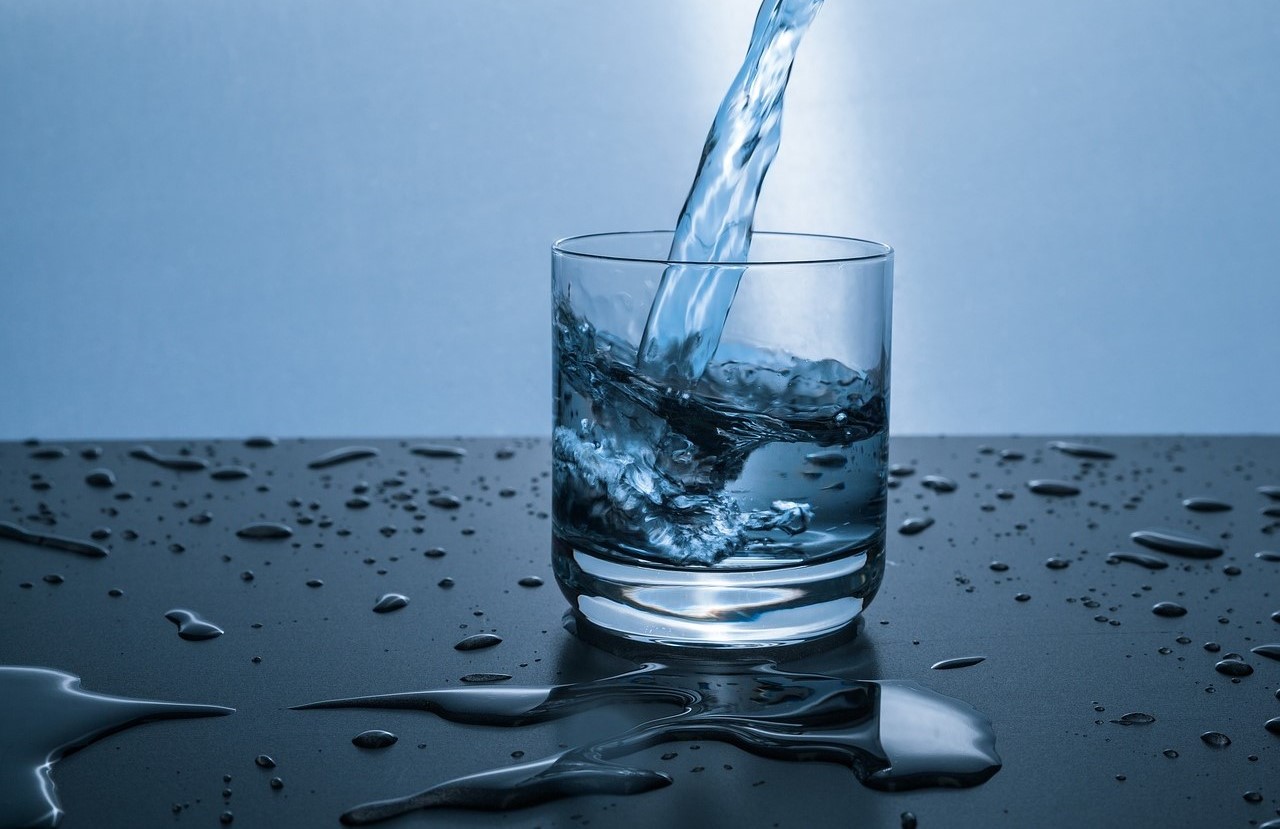UV vs RO Purification – Which Water Purifier Is Best For You?

Drinking clean water is the first step toward a healthy lifestyle. A widespread pollution problem has made it impossible to rely on tap water for clean drinking water. Several illnesses have been linked to unfiltered tap water. Any household should have at least a quality water purifier, if not the best water purifier. There are several types of water purifiers on the market, each using a different purification system. If you are unsure which water filter is suitable for your home, you might feel confused. There are many benefits to using a water purifier. Make an informed decision. The following comparison of the most popular water purification systems can help you determine whether you should compare RO and UV water purifiers.
In case you need a quick overview of budget-friendly best water purifiers in India, check out the article here, Best Water Purifier Under 10000 Rupees In India.
What Is Reverse Osmosis (RO) Water Purifier System?
To move water molecules through the membranes, semipermeable membranes are used. Its structure prevents organic molecules and dissolved salts from moving through the membrane, leaving them behind as they move along. Since it has been adequately dissolved, RO purified water is free of harmful microbes and other contaminants.
What Is UV Water Purifier System?
With UV (Ultraviolet) light, UV water filters eliminate harmful bacteria in drinking water. The water, therefore, is free of pathogens. In addition to removing harmful microbes from water without altering its taste, UV water purifiers also ameliorate health.
UV or RO water purifier: Which is better?
Before purchasing an RO or UV water purifier, regardless of whether they kill harmful bacteria or remove them, some factors are considered. Comparing these two filtration systems, these are the main differences.
- ROA UV filters kill biological pathogens. The death of bacteria in the water is not harmful to the environment since dead bacteria remain suspended in the water. RO water purifiers will eliminate bacteria, as well as the residues that their mortal counterparts leave behind. As a result, RO purified water is more hygienic.
- Using RO systems, you can eliminate salt and chemicals from your water supply. Although the ultraviolet filter can separate dissolved solids from water, it cannot separate dissolved solids entirely. RO systems are more efficient at purifying water than conventional systems because they can remove many contaminants from tap water. Your health can be adversely affected if your drinking water contains heavy metals or other harmful chemicals.
- The prefilters of an RO purifier are used to clean dirty water and muddy soil. UV filters do not work on muddy water. Having clean water is essential for killing bacteria effectively. UV filters may not be the most effective solution in waters with high sediment concentrations.
- RO water purifiers need electricity to increase water pressure. UV filters are not affected by water pressure, however.
- When choosing a water purifier, cost should also be considered. Water purifiers are worth the price they cost today. In addition, health-related concerns are addressed so that we do not miss class or work. It is costly to install RO filters, but they are warranted to provide protection. UV purifiers add the bonus of saving you time (UVs convert water faster than ROs) and preserving the natural colour and taste of the water.





